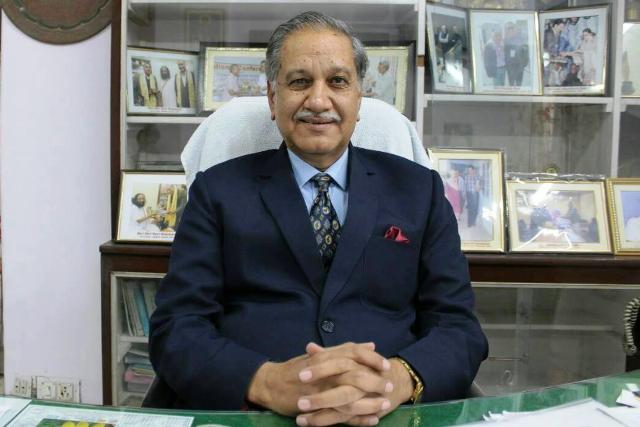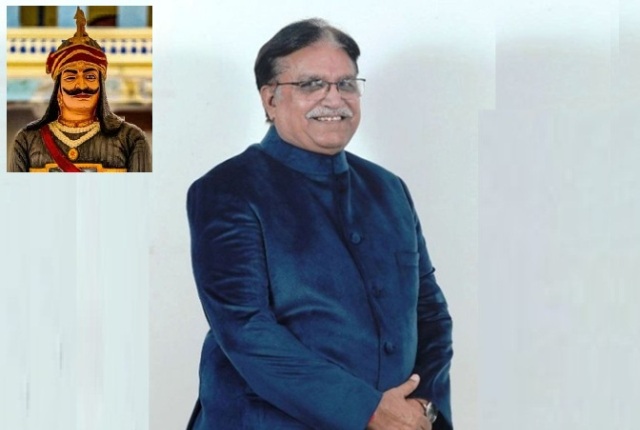Prof R S Khangarot, an acclaimed academic and history scholar from Rajasthan, says the claim that Sanga invited Babur is a fabricated narrative. His views
The legacy of Rajput king Rana Sanga has often been distorted by half-baked historians and misinformed narratives circulated in contemporary discourse. Some claim that he invited Babur to India, a notion that is historically inaccurate and misleading. The facts, as supported by authentic sources, tell a different story—one of unwavering resistance and unparalleled valour against foreign invaders, particularly the Mughals.
Historical records indicate that Babur feared Rana Sanga more than any other Indian ruler of the time. The Rajput king of Mewar was a formidable warrior, having defeated the Delhi Sultan Ibrahim Lodi twice. By the early 16th century, Sanga had consolidated power in Rajputana and formed alliances with brave leaders like Raja Medini Rai and Hasan Khan Mewati. Together, they aimed to stop Babur’s expansion into India. Their efforts culminated in the Battle of Khanwa on March 16, 1527, a confrontation that significantly altered Indian history.
Despite losing one hand, one leg, one eye, and sustaining over 80 battle scars, Rana Sanga remained an indomitable force. His courage was evident when he nearly defeated Babur’s forces at Khanwa. Initially, the Rajput army pushed the Mughals to the brink of retreat, but a turning point came when a stray arrow struck Rana Sanga’s head, causing confusion among his troops.
Babur, seizing the opportunity, used his artillery and superior military strategy to regain control, securing a hard-fought victory. This was the only defeat Rana Sanga suffered in 25 years of rule, but it did not diminish his legacy as a warrior who never bowed to foreign aggression.
ALSO READ: ‘Labels Like Traitor or Patriot Do Not Sit Well With History’
A month before Khanwa, Sanga had already defeated the Mughal forces at the Battle of Bayana, proving his military acumen. His ability to unite the Rajputs under one banner was an extraordinary achievement, making it the only time in history when all Rajput rulers collectively fought against an external force. Notably, his army included not just Rajputs but warriors from various communities and religions, demonstrating a broader resistance movement against foreign rule.
The claim that Rana Sanga invited Babur to India is a fabrication propagated by historians like Rushbrook Williams, who lacked authentic sources. Nowhere in credible historical records does it state that Sanga extended an invitation to Babur. On the contrary, Sanga viewed Babur as an invader who needed to be repelled. If anything, it was Babur who saw Sanga as an obstacle to his ambitions and recognized the strategic necessity of eliminating him.
In conclusion, Rana Sanga did not need Babur; rather, Babur needed to eliminate Sanga to establish Mughal rule in India. Portraying Sanga as a collaborator is a gross misrepresentation of history. His name should be remembered not as a traitor, but as a defender of India, a warrior who fought against foreign invasions with unparalleled bravery and resilience.
As told to Deepti Sharma


